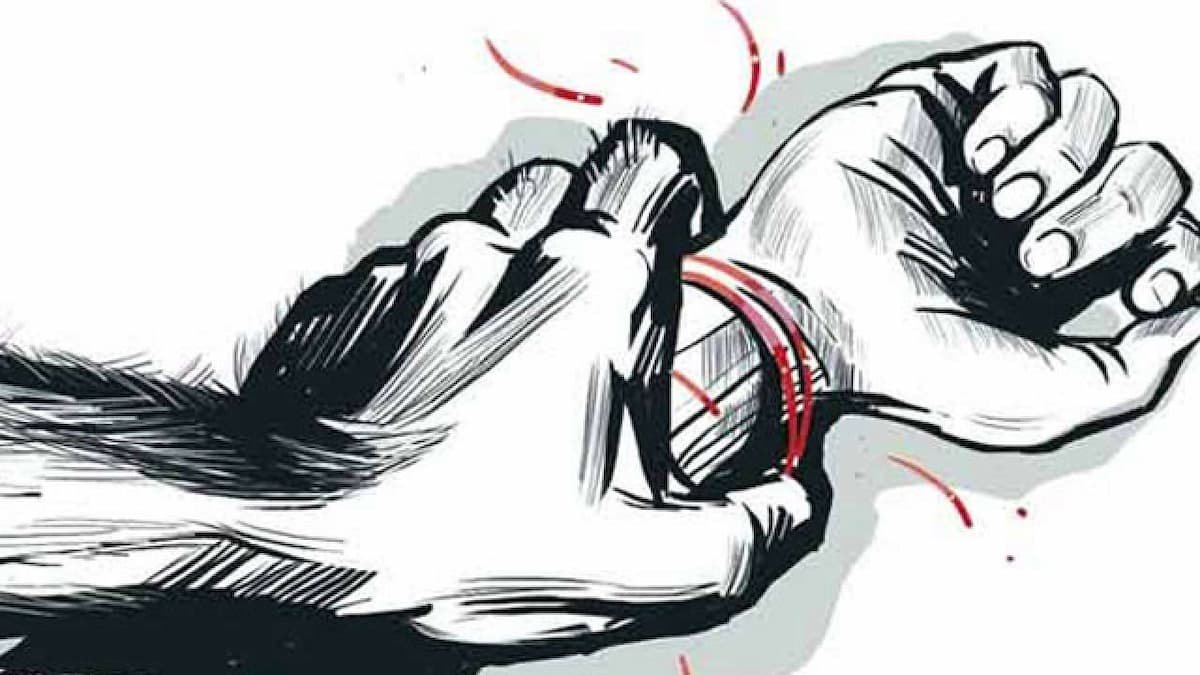
On the widely debated question of criminalising marital rape, the Delhi High Court today delivered a split verdict. The case will now go to the Supreme Court. Two judges, Justice Rajiv Shakdher and Justice Hari Shankar, failed to agree on their verdict on a batch of petitions seeking to make marital rape a crime. The petitions, filed in 2015, challenge an exception under rape laws that protect men who have non-consensual sex with their wives from criminal prosecution if the woman is not a minor, or above 18. Justice Shakdher said the exception violated Articles 14, 19 and 21 of the Constitution dealing with the Right to Equality, Freedom of Speech and Expression and Protection of Life and Personal Liberty. The judges had reserved a judgement on February 21 after lengthy hearings on the rape law and the exemption for marital rape.
People rarely report marital rapes in rural areas. There is absolutely no way a man can fight marital rape charges. What evidence and defence is he supposed to present if falsely accused? Court already specified that the sexual intercourse by a man with his own wife, the wife not being under fifteen years of age, is not rape. As per this exemption, even if it is proven (say, by a video clip), that a husband has raped his wife, he cannot be charged with rape. But even if this exemption is removed, the victim would have to prove beyond reasonable doubt that it was rape. By the very nature of the crime, happening in the personal space and with forensic evidence being unreliable, it is inevitably very difficult to prove marital rape. So, the obvious proof is only available in the most heinous and obvious cases. However, as per the blank exemption, even these cases will not qualify as rape.
Right now, all she can do is file cases under the domestic violence law. There is a clear-cut difference between marital rape and other kinds of violence and the punishment for the two should be different. The primary reason marital rape is not a crime in India is because they considered marriage a tacit lifelong agreement of being available for sex. This kind of thinking comes from deep-rooted patriarchal standards.
India is a couple of decades behind the curve as the discussions on those topics have not permeated the society beyond just a thin layer at the top. A discussion on a variety of other social topics – ranging from dowry to widow burning to untouchability – was a priority for our reformers, mostly. Since the discussions did not take place and social understanding not yet developed, even the courts have been slow to ensure progress.
Although it is a fact that marital rape is an extremely difficult crime to prove, but that is hardly a justification for not calling a crime out for what it is. Currently, the Indian legal system does not recognize marital rape to be a crime. There is no legal penalty for any individual undermining the consent of their spouses and forcing sexual acts on them. And it is challenging, if not impossible, to put an end to a crime if they cannot prosecute it.
There is no louder sanction to a crime than when the law refrains from declaring it a crime. If there is no fear of punishment and penalty, what stops an individual committing a crime from doing so with impunity? Simultaneously, we need to focus on educating and empowering our women, freeing them of the shackles of financial dependence. The more educated and empowered the women, the lesser their dependence on men and the less likely they would be to put up with violence of any type within a marriage.
This is perhaps the most challenging, would be widespread social change, open conversations and education regarding positive consent, sex education and lifting social taboo. If a woman consistently refuses to have sex, a man does not have the right to enforce said marital contract by forcing himself upon his wife. The law cannot order his wife to have sex, either. The redress for this situation, as provided by the law, is a dissolution of the marriage, an option available to either spouse.
Also, the way to decide whether the benefits of a law prosecuting marital rape it is a complex problem. Yes, there are women who undergo extreme mental trauma in abusive marriages and yes, there are women taking advantage of this. Is the suffering of a raped wife greater than that of a falsely accused woman and is there a statistic showing both cases?

